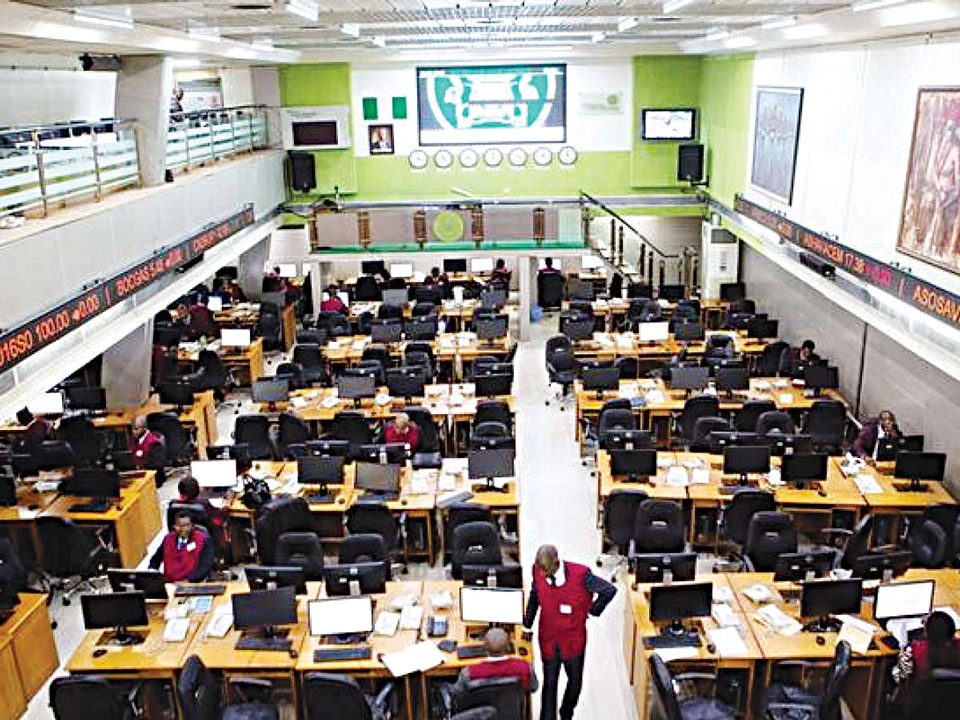Nigeria Update: FMN posts N542b revenue, N13.6b PAT

Africa Update: SA has just joined Africa’s $3 trillion free-trade club
July 3, 2018
Nigeria Update: Stock market reverses three day losing streak, up by 0.7 per cent
July 6, 2018Flour Mills of Nigeria (FMN) Plc has recorded group revenue of N542billion, and Profit After Tax (PAT) of N13.6billion for the financial year ended December 31, 2017.
Specifically, the companies audited result showed 3.5 per cent rise in revenue to N542billion from the N524billion achieved in 2016, while PAT rose from N8.8billion to N13.6billion during the year under review representing an increase of 54.1 per cent.
The company attributed the improved performance to a combination of resilience in the face of a challenging environment; volume growth and product mix from the food and agro-allied businesses.
The firm’s profit before tax also grew from N10.4billion to N16.4billion, while operating profit stood at N48billion, representing 16.9 per cent rise when compared to the N41billion posted in the corresponding period in 2016.
Group Managing Director of the company, Paul Gbededo, explained that the results are indication that efforts to continually push for improved efficiency and synergy in the group are yielding the expected results.
According to him, the firm has continued to consolidate its position in the agricultural segment, with firm commitment to become industry leader while aligning with the agricultural promotion policies at the federal and state levels.
“Our 2017 year-end result shows a remarkable growth in the Group’s revenue of N542billion, which represents an impressive 3.5% year on year growth. This was achieved through a combination of resilience in the face of a challenging environment; volume growth and product mix from our food and agro-allied businesses.
“We are critically looking into our investments in our backward integration initiatives and have confirmed our commitments towards future profitable growth by recapitalising various subsidiaries.
“We are also impairing at company level, part of our investment in Kaboji Farm, our first agricultural investment, which has now become our centre of excellence for seed and best agricultural practices in maize and soybean.”
The Chief Financial Officer, Jacques Vauthier, said the Group had also decided to accelerate the depreciation period of some support services assets, resulting in a onetime expense of N1.2billion.
“In spite of these one-time exceptional expenses, and initial losses in some of our early stage agro-allied businesses, our Group still recorded a Profit Before Tax of N16.4billion, confirming our commitment towards cost controls and increasing our margins.
“In an effort to strengthen the company’s capital base, deleverage our balance sheet, and support our working capital needs, we embarked on, and have completed a rights issue program during the past months.
“With the successful completion of the rights issue program, we have now positioned the company to exploit value-accretive opportunities, whilst giving greater operational and financial flexibility to ensure business growth and continuity.”

